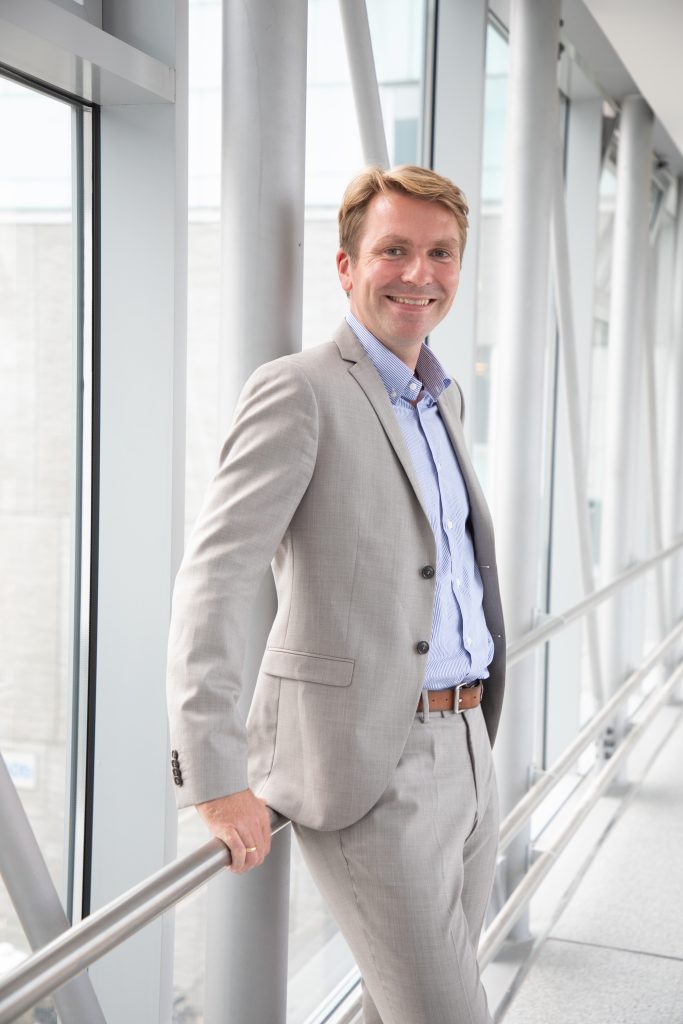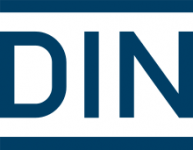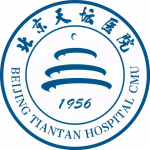Ulf Dietrich Kahlert, PhD

2021- now
University Professor Molecular and Experimental Surgery
Otto-von-Guericke University Magdeburg, Germany (ulf.kahlert@med.ovgu.de)
2020 Habilitation (Dr. rer. habil.)
Heinrich-Heine University Düsseldorf, Germany
2016-2021
Group Leader “Translational Neurotechnologies” Heinrich-Heine University Düsseldorf, Germany
2013-2016
Post-Doc Fellow, Johns Hopkins Hospital, Baltimore, MD, USA
2012 PhD (Dr.rer. nat.)
Altert-Ludwigs University Freiburg, Germany
2008 Biology (Diploma)
Gießen, Germany> Brighton, UK> Freiburg, Germany
Additional appointments (selection):

Since 2019, Professor Kahlert is an accredited expert in the following standardization committees of the German Institute for Standardization (D.I.N. e.V.), a global leader in standardization:
“Biotechnology” (NA 063-09-02 AA), “Biobanks/ Bioresources” (NA 063-09-02-02 AK)
Professor Kahlert supports the development of reference documents defining norms that are applicable in academic lab environments so that procedures and results present appropriate internal and external validity.

Professor Kahlert is routine reviewer for farious European research grant organizations, i.e. MOST Israel, NCN Poland or National Cancer Center France.







